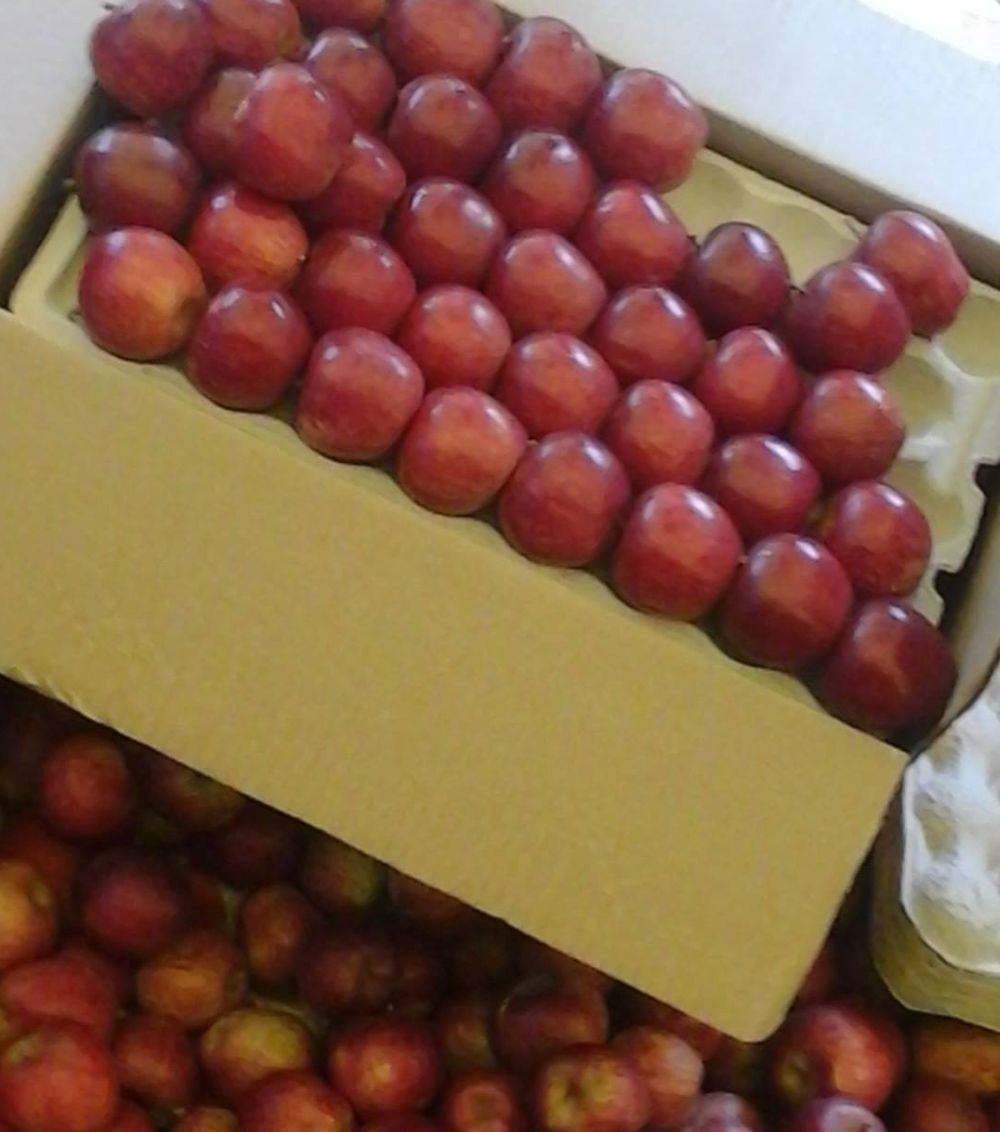Solan – The prolonged dry spell in Himachal Pradesh has prompted Dr. Y.S. Parmar University of Horticulture and Forestry to issue an advisory for farmers to tackle the severe water stress affecting agricultural and horticultural activities. The state is experiencing one of its driest October-December periods since 2016, with Solan district also recording a similar rainfall deficit. The last significant rainfall in the region was in September, which was below normal.
The absence of rainfall has left cultivated fields parched, putting rabi crops like cabbage, cauliflower, peas, onions, garlic, and other root vegetables under severe stress. Insufficient soil moisture during critical growth stages can result in reduced yields, such as smaller pod sizes and early flowering in peas. Fruit saplings are also at risk, as inadequate water hampers root development and increases susceptibility to diseases.
Advisory to Farmers
The university Scientists have recommended several measures to help farmers mitigate the impact of the drought:
- Integrated Farming Systems: Farmers are advised to shift from mono-cropping to multi-enterprise farming by integrating fruit cultivation and livestock to build resilience against water scarcity.
- Agroforestry Models: Implementing fruit-based agroforestry systems is encouraged to cope with unpredictable weather patterns.
- Drought-Tolerant Crop Varieties: Farmers cultivating wheat should opt for drought-resistant, late-sown varieties like HPW-155 and HPW-368. For already sown wheat, life-saving irrigation is advised during the Crown Root Initiation stage.
- Delayed Transplanting: Onion transplanting should be delayed until late December in regions facing dry conditions. For already planted crops like onion, garlic, mustard, and lentils, irrigation at critical stages is essential.
- Water-Efficient Crops: Vegetables with lower water requirements, such as radish, turnip, spinach, and beetroot, are recommended. These can also be used as intercrops in fruit orchards.
- Mulching and Anti-Transpirants: Mulching with dry grass (5-10 cm thick) can conserve soil moisture, while applying anti-transpirants like Kaolin reduces water loss through transpiration.
- Irrigation Enhancements: Farmers are encouraged to improve irrigation facilities by installing rainwater harvesting structures like farm ponds and adopting efficient irrigation schedules.
- Protecting Fruit Saplings: Covering young fruit plants with gunny bags, leaving the southern and southeastern sides open, can protect them from harsh dry conditions.
- Avoiding New Plantations: The advisory recommends postponing new plantations until sufficient rainfall is received.
- Natural Farming Practices: Farmers practicing natural farming are advised to use Jeevamrit and mulch to protect crops. Visiting university research stations or demonstration fields is also suggested for practical guidance.
- Weather Updates: Farmers are urged to use the Meghdoot app for real-time, weather-based agro-advisory services.
Call for Proactive Measures
The university’s advisory underscores the urgent need for farmers to adopt drought-resilient practices to sustain agricultural productivity. These measures aim to minimize the adverse effects of the ongoing dry spell while ensuring the survival of crops and fruit plants during this challenging period.







